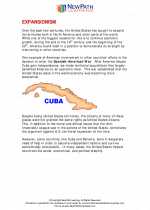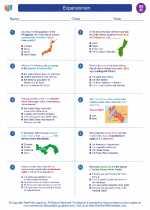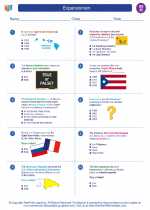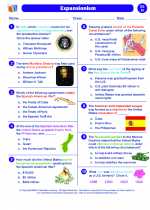Invasion of Poland
The invasion of Poland, which began on September 1, 1939, marked the beginning of World War II. It was carried out by Nazi Germany, under the leadership of Adolf Hitler, and it was a pivotal event that led to the involvement of major world powers in the war.
Causes of the Invasion
One of the main causes of the invasion was Hitler's desire for territorial expansion and the implementation of his aggressive expansionist policies, known as Lebensraum. He aimed to annex Polish territories and unite all German-speaking people under one nation.
Events of the Invasion
The invasion of Poland was a coordinated attack by Germany, which was quickly followed by the Soviet Union's invasion from the east on September 17, 1939. The Polish army was ill-equipped to defend against the German blitzkrieg tactics and the simultaneous attacks from both sides.
Consequences of the Invasion
The invasion of Poland led to the immediate occupation of the country by German and Soviet forces. This event also prompted the United Kingdom and France to declare war on Germany, officially marking the beginning of World War II in Europe.
Study Guide
- Describe the main causes of the invasion of Poland by Nazi Germany.
- Explain the significance of the invasion of Poland as the catalyst for the start of World War II.
- Analyze the military tactics employed by Germany during the invasion.
- Discuss the impact of the invasion on the Polish population and the political landscape of Europe.
- Examine the reactions of the international community to the invasion and its implications for the course of the war.
By studying the invasion of Poland, we gain valuable insights into the complex geopolitical factors that contributed to the outbreak of World War II and the devastating impact it had on the global stage.
[Invasion Of Poland] Related Worksheets and Study Guides:
.◂Social Studies Worksheets and Study Guides Eighth Grade. Expansionism

 Worksheet/Answer key
Worksheet/Answer key
 Worksheet/Answer key
Worksheet/Answer key
 Worksheet/Answer key
Worksheet/Answer key
 Worksheet/Answer key
Worksheet/Answer key
